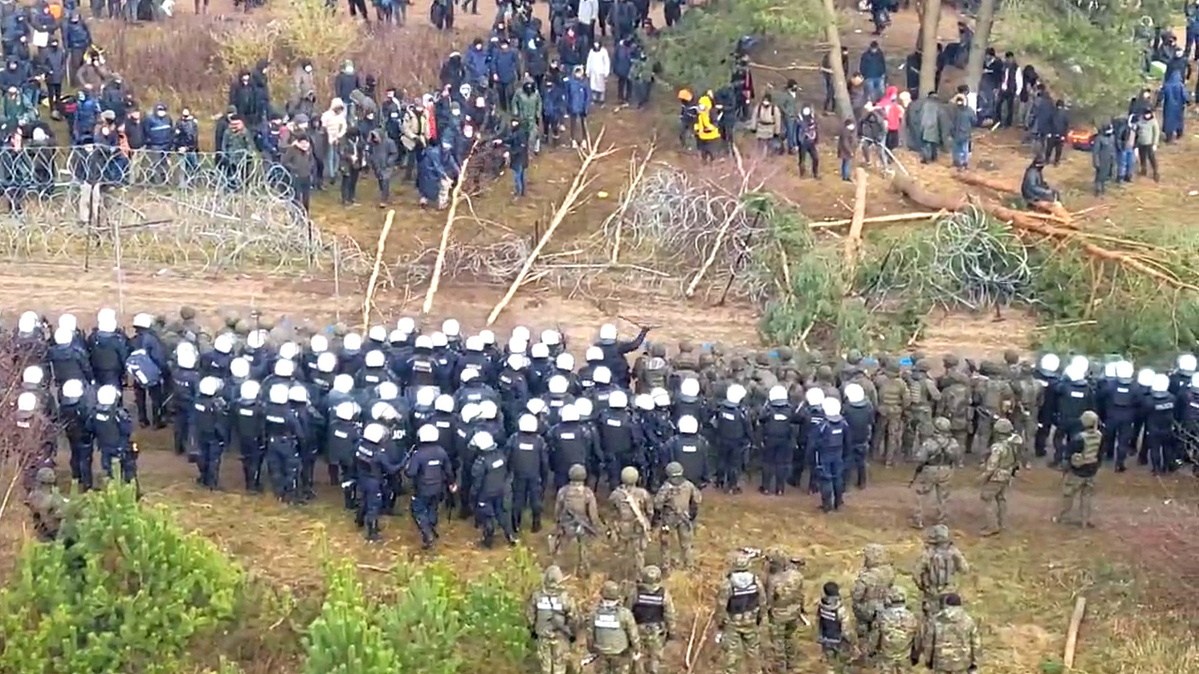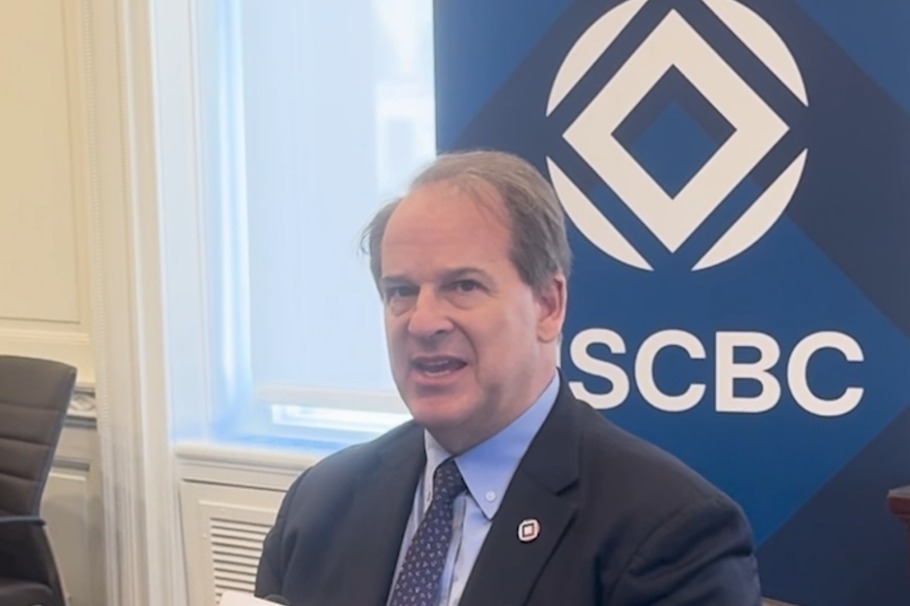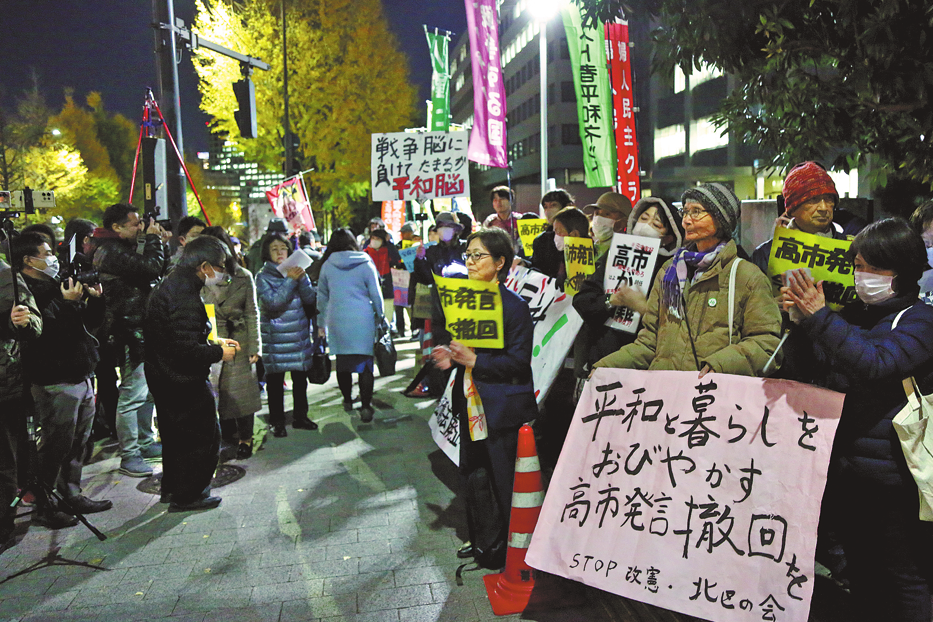Refugees heading for EU countries stranded at Belarus-Poland border in cold winter


GRODNO, Belarus - The temperature is close to zero in the evening. Several young refugees are washing their hair with cold water by the fire, helping each other trim beards to look better in front of the camera during interviews.
At the border between Belarus and Poland, in a forest far from settlements of both countries, many refugees longing for entering Germany and other rich European Union (EU) countries are struggling in the cold winter with ambiguous future prospects.
On the side of the barbed wire stretching for hundreds of meters along the border, children are chasing each other around camping tents and shelters -- which are built of twigs and dry grass and swaying in freezing winds -- laughing, while adults are not so blessed though.
Two middle-aged men lifted the trunk of a log and then released it to chop the wood by gravity. Making a fire with wood is the only way to keep warm for these people in the harsh winter. Several other refugees are heating a 500-ml thermos on the fire, waiting for a sip of hot water. A father is taking his four-month-old baby to the food tent.
Since earlier this month, thousands of refugees from the Middle East and other regions have arrived at the Belarusian side of the border in an attempt to enter Poland and then Germany to seek asylum. With the increasing number of refugees, Poland has intensified presence of police and border guards to prevent them from entering the country.
The weather is getting colder and people are starting to fall sick, said an Iraqi Kurdish high school math teacher calling himself Karzan, whose family raised 1,000 U.S. dollars to support him to seek asylum in Germany as life in his hometown had become too difficult.
According to Karzan, the intermediary company promised that he would be able to cross the border of Germany three days after arriving in Belarus. He was promised: "Tomorrow the border will open at 3 o'clock in the afternoon, and you can go to Poland and then to Germany. The government promised."
After checking with Belarusian border guards, the Xinhua reporter got the answer: "The refugees do not know where this news came from, but rumors are in the air."
Expressing concern over the current migrant crisis, Russian Foreign Minister Sergei Lavrov said earlier that the Western policy toward the Middle East and North Africa had led to the tensions.
The Belarusian side has expressed its readiness for a dialogue with EU politicians on the migrant crisis. On Saturday, Belarusian President Alexander Lukashenko ordered to set up tents in places where refugees gather and distribute humanitarian aid to refugees, paying special attention to the needs of women and children.
The Belarusian Red Cross and other departments recently brought food, clothes and medical supplies to the refugees gathering site.
Two refugees from Cameroon told reporters that they had already spent all their money, expressing the hope that relevant parties could "pay attention to our demands" under international human rights law and refugee law.
On Sunday, Belarusian Foreign Minister Vladimir Makei and EU High Representative for Foreign Affairs and Security Policy Josep Borrell confirmed their intention to end the migration crisis at an early date. However, the EU on Monday decided to impose new sanctions on carriers connecting Minsk with destinations in the Middle East, as migrants came to the EU's eastern border in Poland through Minsk.
In response to the latest move of the EU, Lukashenko has promised new and unspecified retaliation. "We will defend ourselves," he said.
































